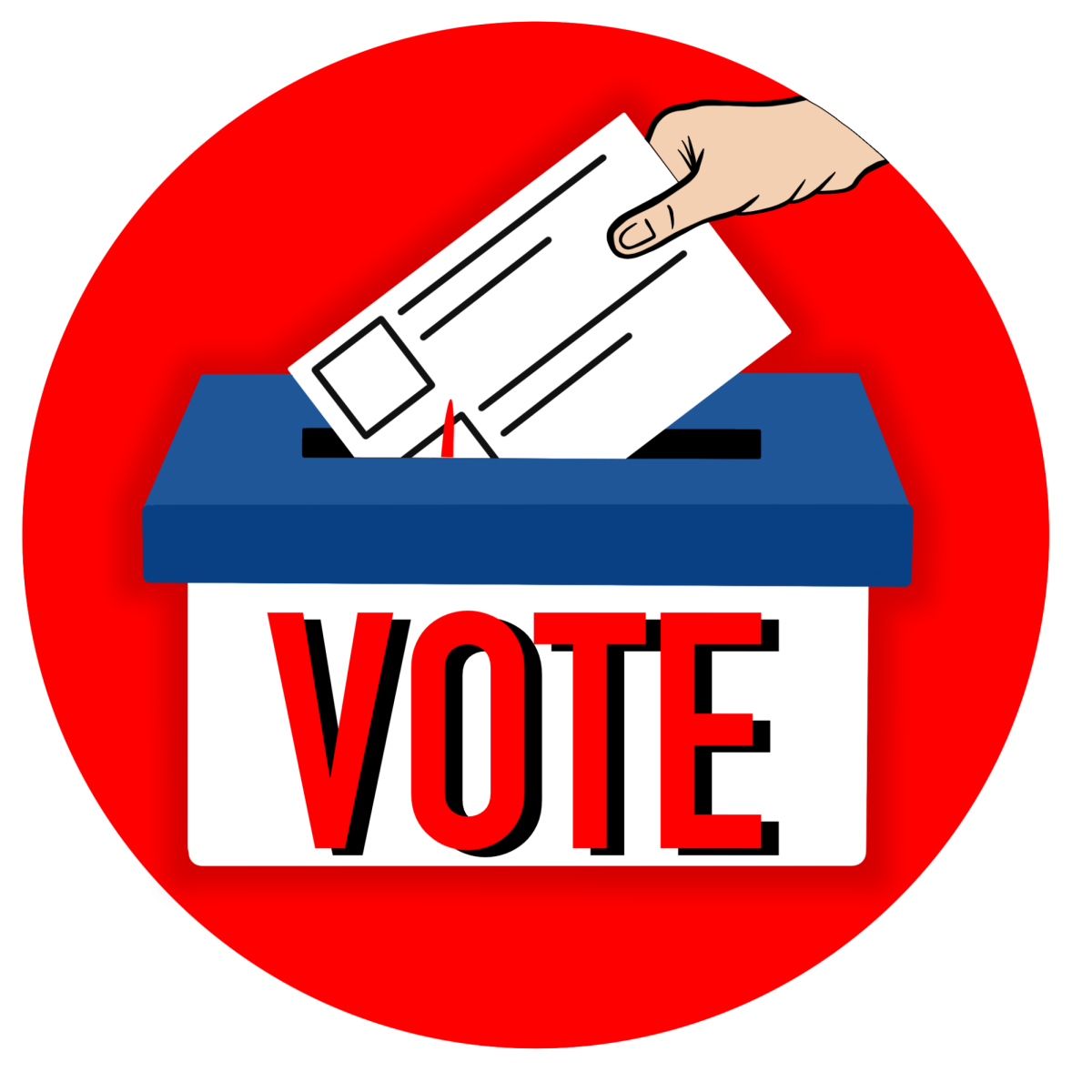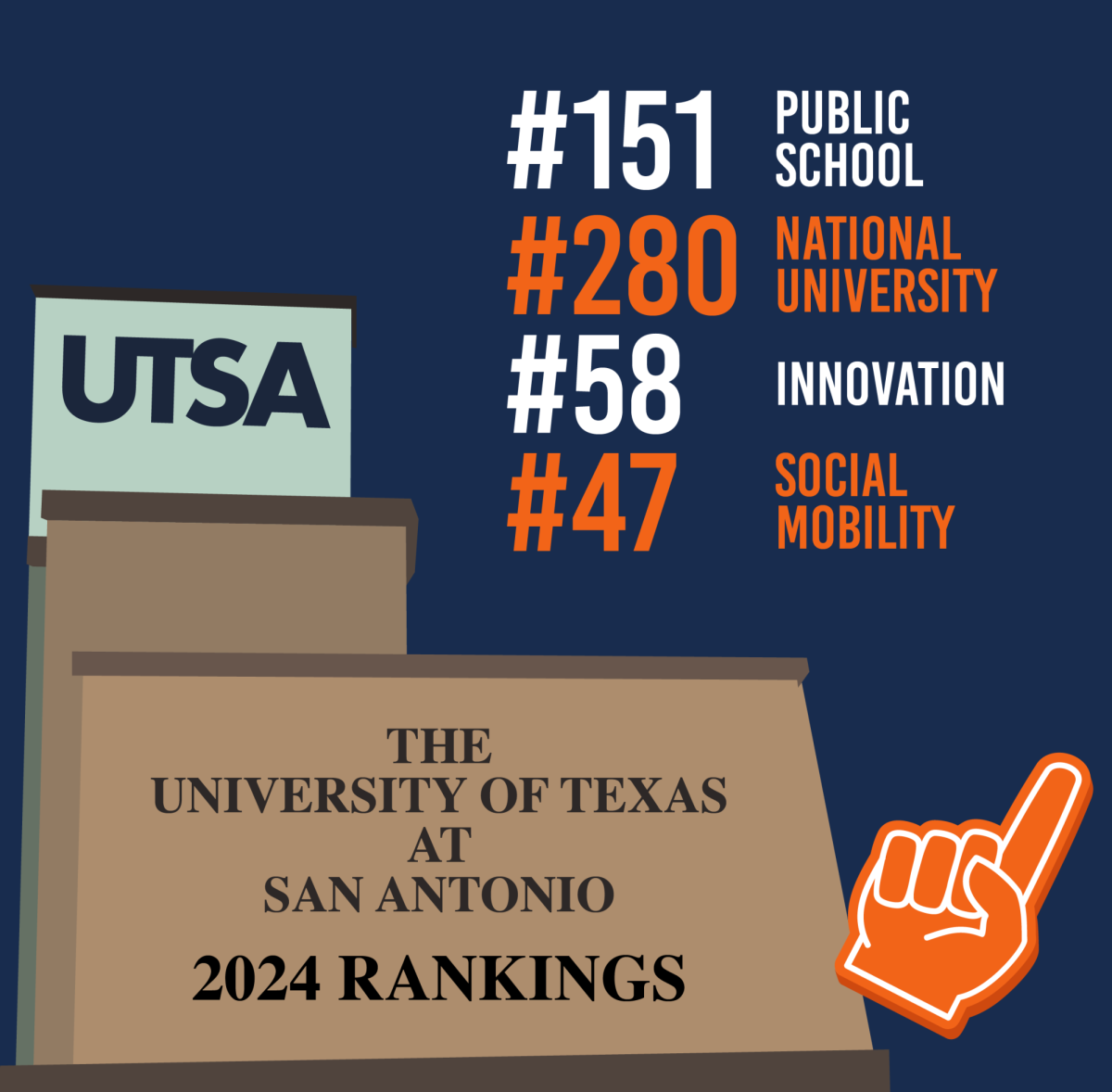Eating your veggies has never been so popular.
Over the past few years, vegan and vegetarian diets have become increasingly common, beginning the question why, exactly, has eating plant-based and cutting out animal products or by-products become so popular. For many people, the difference between vegan and vegetarian is almost unnoticeable. So let’s break it down.
Vegans do not eat meat, fish, eggs, dairy or any animal product. Vegetarians do not eat meat or fish, but they do eat animal byproducts such as eggs and dairy. Another option would be pescetarian, which are vegetarians who eat fish and seafood.
I am in the transition to animal product-free. The most common reason people decide to become vegan or vegetarian is to end animal cruelty within the agriculture industry (meat and dairy specifically) in addition to helping improve the environment and becoming an overall healthier person.
A prominent contributor to this rapidly growing phenomenon is documentaries. Every year, new documentaries covering topics of sustainability, veganism and/or the agriculture industry are released, bringing attention to the repercussions of the agriculture industry and its effects.
All it took for me to make a change in my diet was watching Cowspiracy: The Sustainability Secret in my environmental science class earlier this year. The film covers the effects of the agriculture industry — the negative effects on the atmosphere, the consuming of the planet’s resources, animal cruelty and the consequences these foods have on the human body. In regards to the human body, gravitation towards plant-based diets is because our bodies aren’t physically able to consume the large amounts of animal products our industry supplies. At some point in our lives, almost everyone’s lactose intolerance makes an appearance because the human body isn’t supposed to digest dairy products. Some animal products have a high concentration of saturated and trans fats, which lead to health problems such as high cholesterol.
When looking at contributors to greenhouse gases (gases that contribute to global warming), agriculture is a huge factor — not transportation as many tend to assume. This is due to the extensive amount of carbon dioxide and methane produced by farm animals.
As the population exponentially grows, it causes a gradual depletion of land that we need to sustain life on Earth. There is a disconnect between what we consider to be “food” and that the “food” was once a living being treated with cruelty and later killed
Once I made this connection, I realized that I couldn’t eat meat again.
I detoxed myself from animal products cold-turkey but soon realized that being vegan is a lot harder than it seems. There are animal products/byproducts in a wide variety of food items (most you’d least expect), making it increasingly difficult to cut certain foods (ie. bread, condiments and dessert) from your regular diet.
A big concern people have about veganism and vegetarianism is the lack of nutrients and minerals that are commonly found in animal products — iron in red meat, protein in meats and eggs, calcium in dairy. While it is a little more difficult to consistently obtain these nutrients on a plant-based diet, it isn’t impossible.
Kale is rich in iron, beans and nuts are a substantial source of protein and alternative milks (soy, almond, cashew) have just as much calcium as cow’s milk. Dietary vitamin supplements are another great alternative for nutrients that many vegans and vegetarians seek out.
Veganism and vegetarianism are both lifestyles and diets. Their technicalities focus on a person’s food consumption, but the diet ultimately boils down to ethics. In regards to veganism, it is not uncommon for people to cut out animal products and byproducts not only in their diets but also in regard to their clothing and cosmetics and other household items. It is a choice to live life without supporting the agriculture industry and its effects on the environment.
A couple of after effects of these diets have been the accommodation and normalization factor. Restaurants and grocery stores have opened themselves to more vegan and vegetarian options.
One UTSA freshman, pescetarian-turned vegan chimes in on the matter. She shared her advice based on her last five years of experience: “Trust your body and yourself…(I’ve) benefitted both mentally and physically from transitioning to vegan.”
Vegetarian and vegan diets are not a trending topic but a gradual process. Many vegans start as vegetarians hoping to transition, which is my plan as well. Beginning as a vegetarian has helped my transition move more smoothly, as I am hoping to gradually remove dairy products from my diet over the next year or so. If you start pescetarian like she did, or vegetarian like I did, the transition to a plant-based diet doesn’t seem as overwhelming or impossible. Starting with a small shift is important so that your body can adapt to the change, and it’s crucial to do the research to figure out what foods you need to supplement what your body needs. But once you start, it gets easier. Knowing that you are benefitting the planet, animals and your health are just more motivations to make the change.
By Abby Sharp






